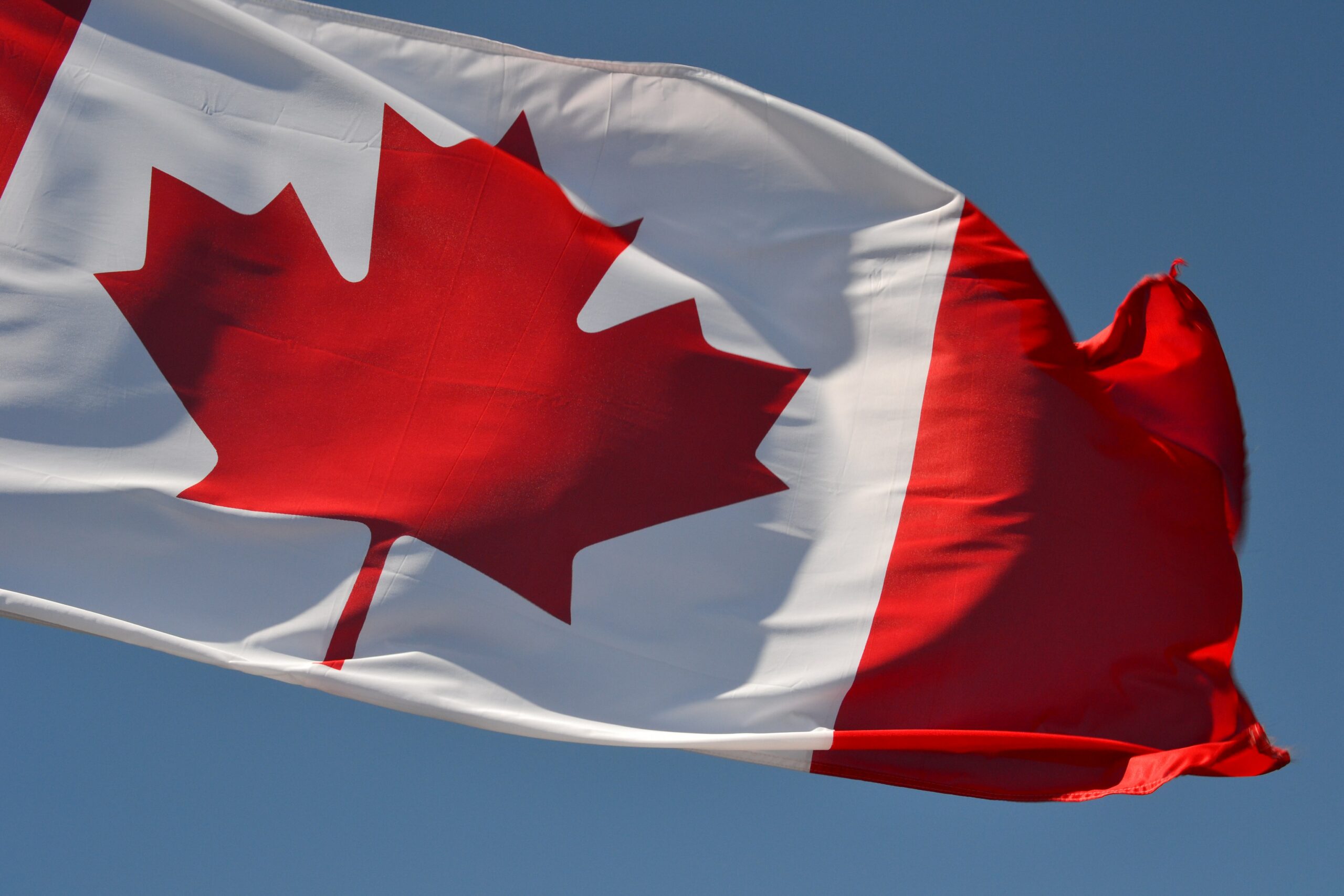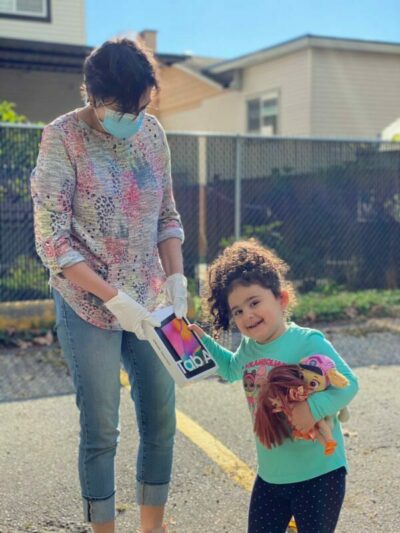
The federal election is fast approaching. You want to have your voice heard among your audiences and supporters but you want to act appropriately and in accordance with Canada’s election laws. You can do both! The Equal Futures Network has prepared this toolkit to support member organizations in sharing and talking about their work during the federal election.
Together, we can ensure that all candidates and elected officials know that Canadians want to see Canada advance gender equality and social justice!
Below are some useful tools to help you advance the conversation about gender equality and social justice in your digital and physical communities across the country. If you have questions or need additional support, reach out to EFN-RAE@CanWaCH.ca.
Act with Caution
There are some important cautions around speaking about social issues during an election, such as gender equality, especially if you are paying to ‘boost’ social media posts or undertaking any other form of paid advertising digitally or in print. You must register immediately as a third party if you incur costs of $500 or more on activities in relation to the election. You should carefully review Elections Canada’s rules on Third Parties before your engagement during this election campaign. When in doubt, and as best practice, you should seek legal counsel and/or consult with Elections Canada. But that doesn’t mean you can’t take action!
Connect with Your Candidates
During the election campaign, candidates might knock on your door, call you, or attend community events. This is a great time for you or your staff, volunteers and supporters to ask about gender equality and social justice issues.
Here are a few questions that your staff, volunteers and supporters could ask about gender equality and social justice:
- How will you demonstrate your support for INSERT AN ISSUE THAT YOU ARE PASSIONATE ABOUT HERE, which is more important than ever during a pandemic?
- If elected (or re-elected), what will be your top priorities to support the health, rights and wellbeing of women and gender-diverse people?
- Have you met with organizations in our riding, such as [insert local organization], to learn more about the great work they are doing to advance the health, rights and wellbeing of women and gender-diverse people?
The Equal Futures Network acknowledges that Indigenous people are the traditional guardians of Turtle Island, on the land also known as Canada






